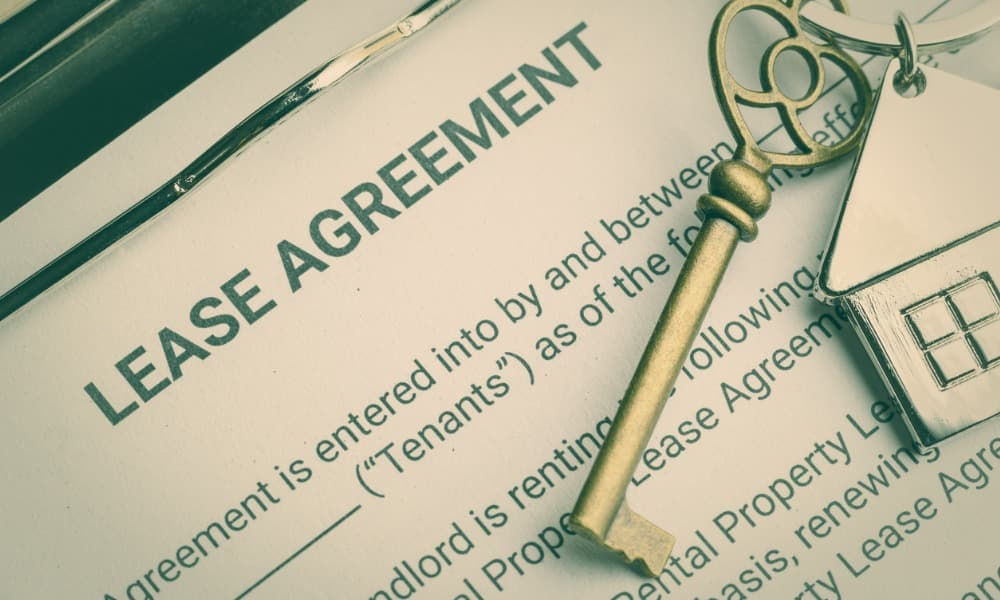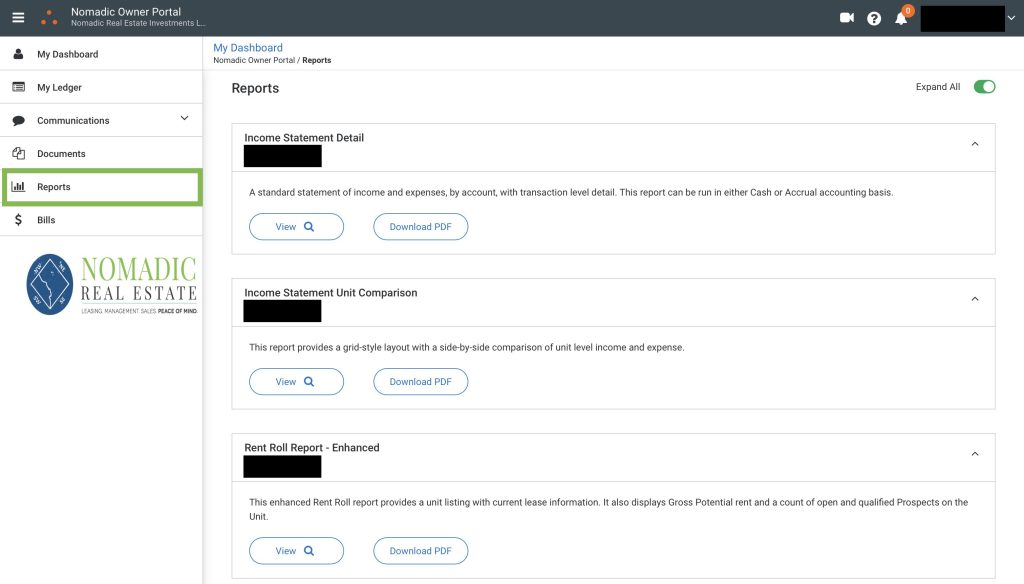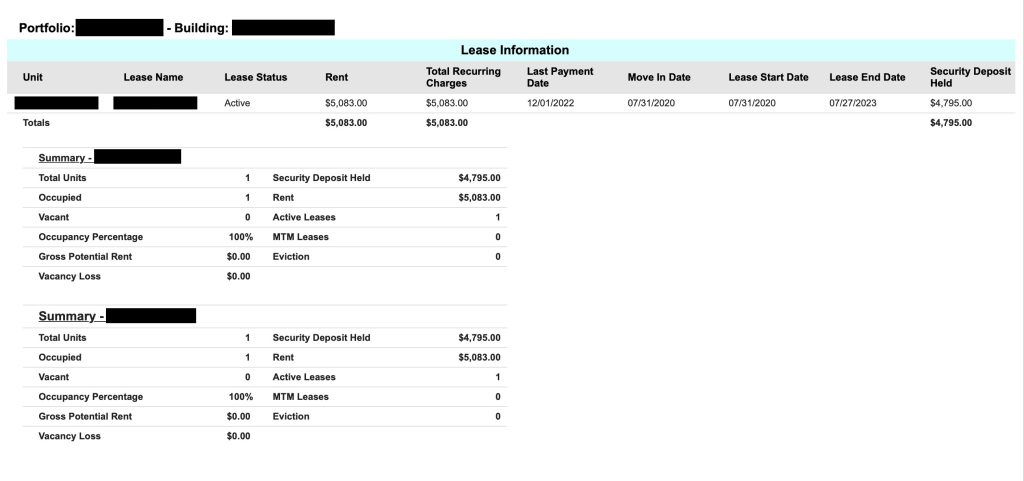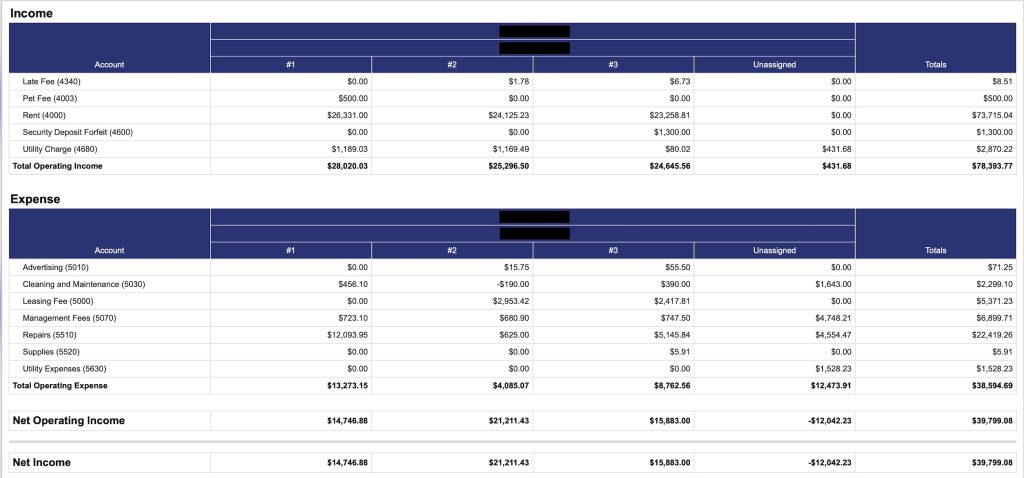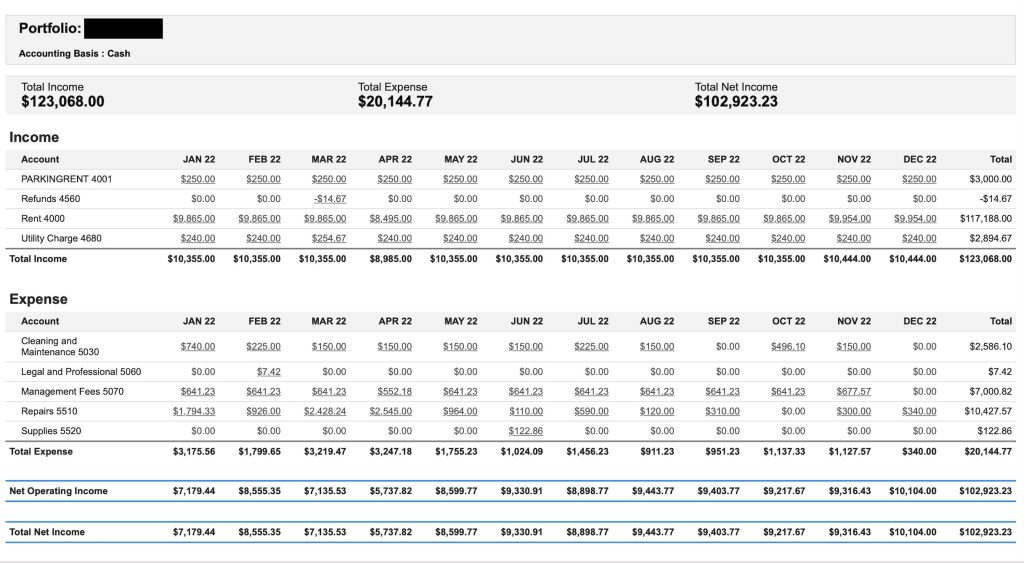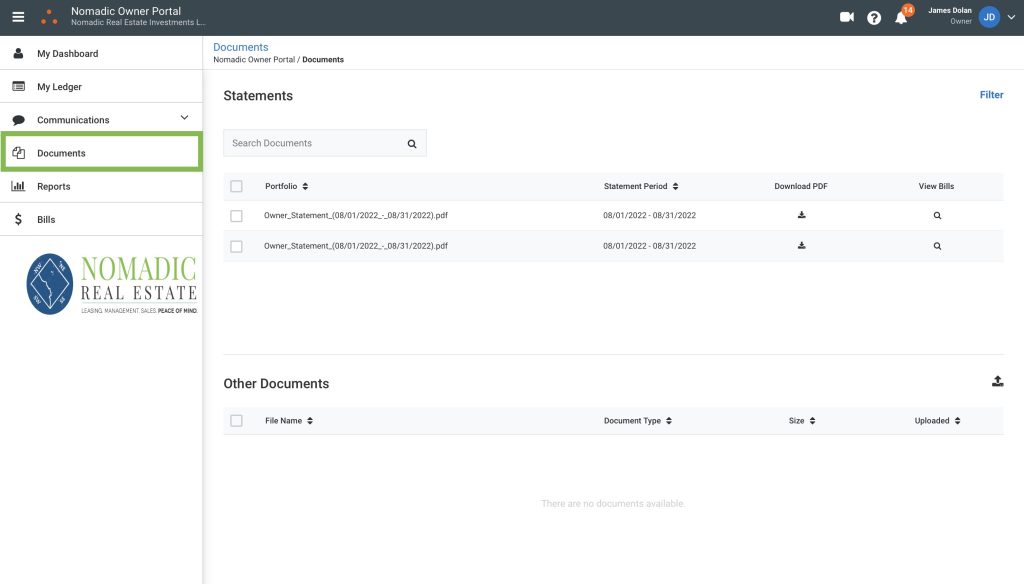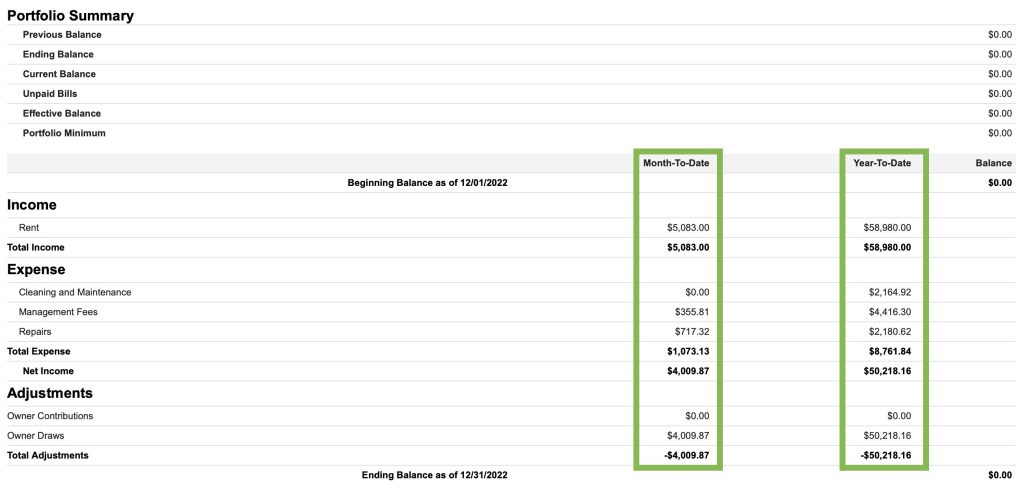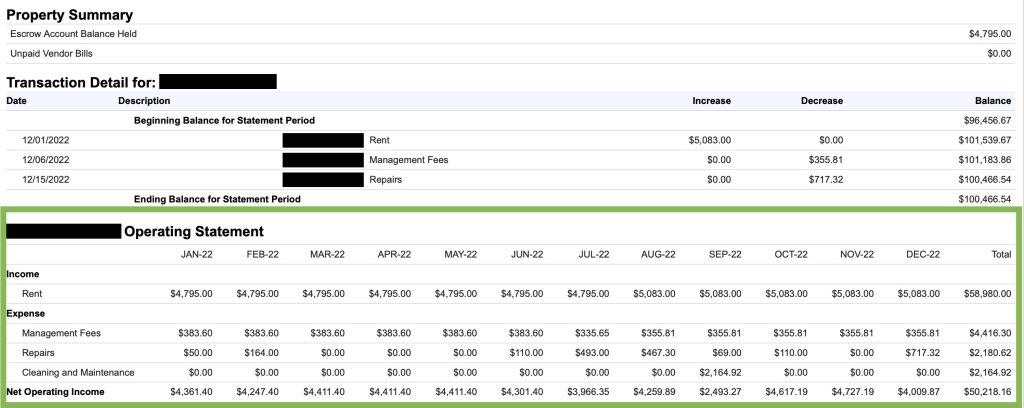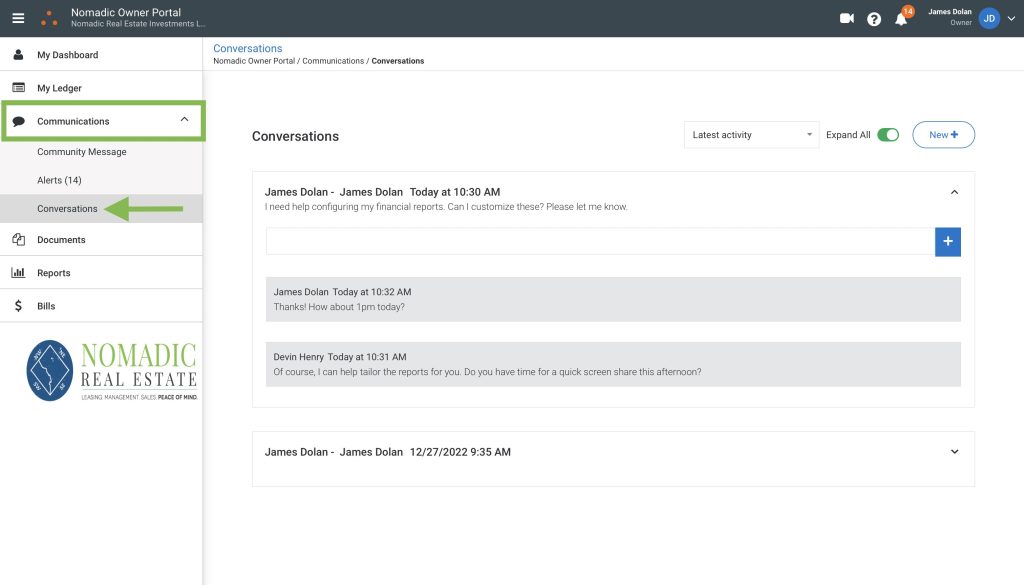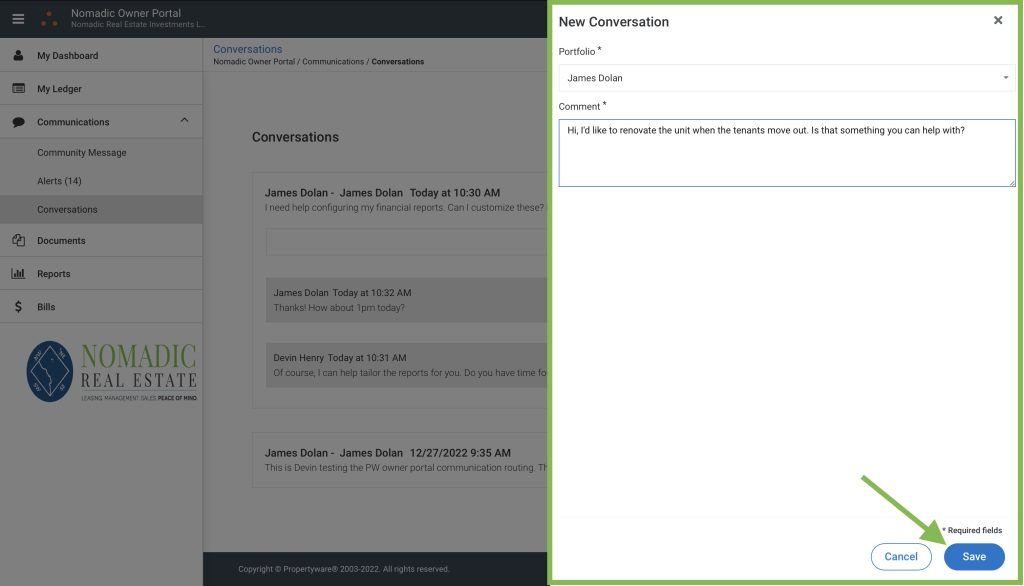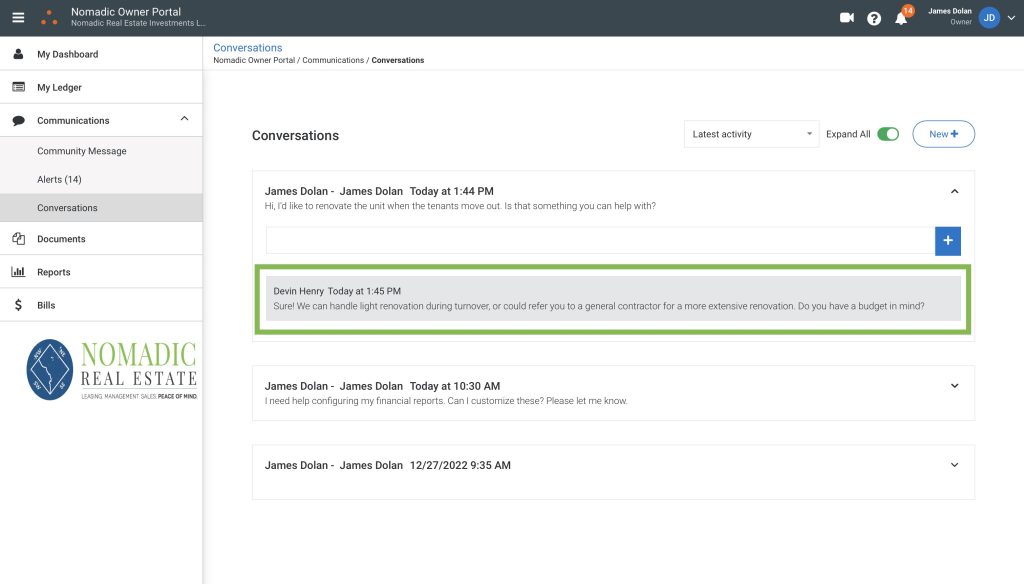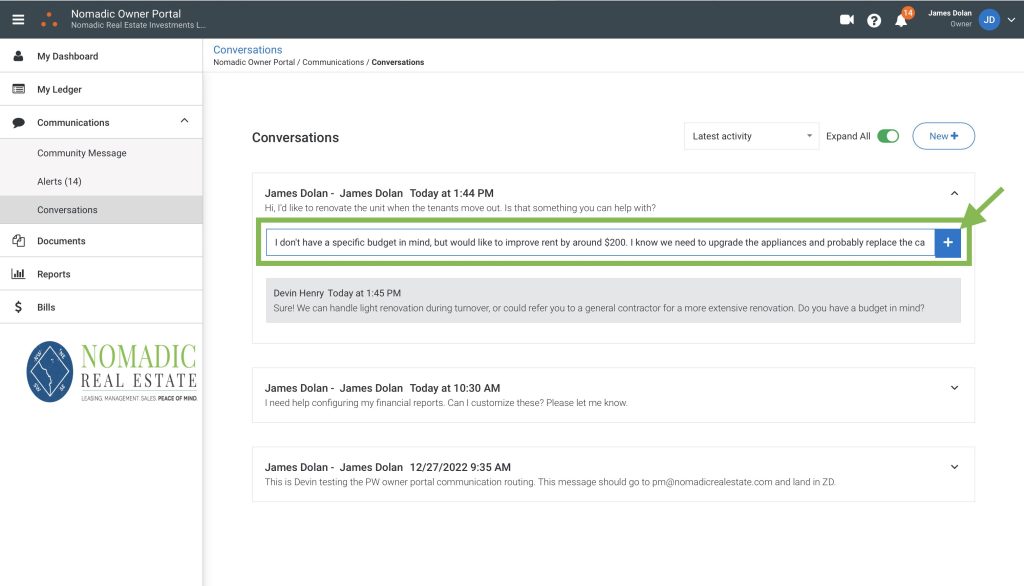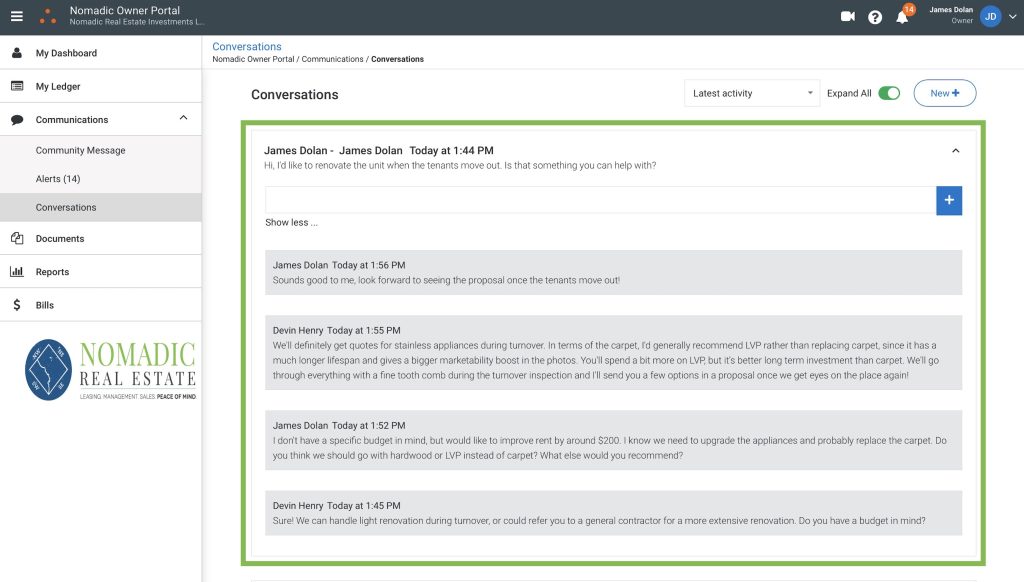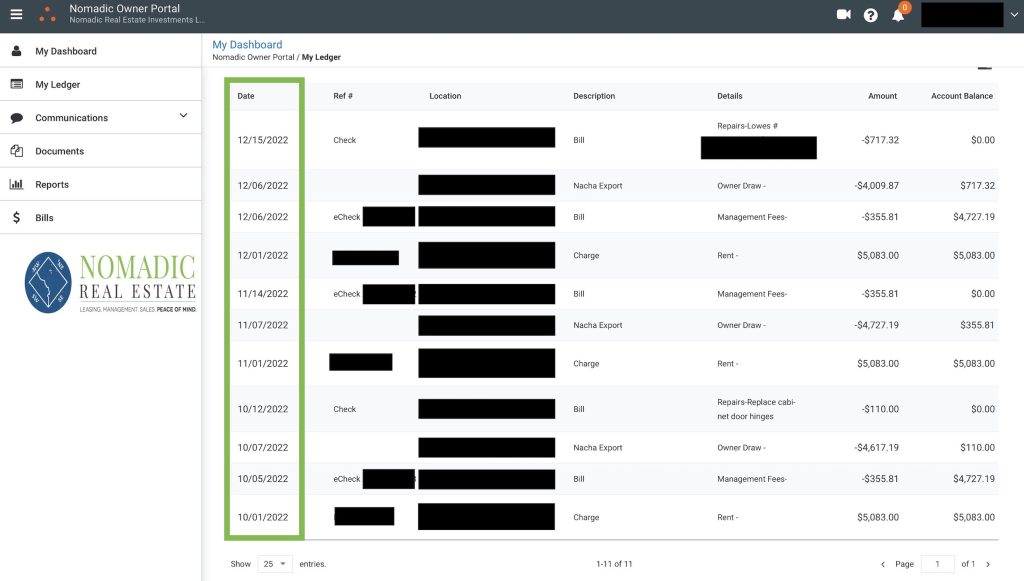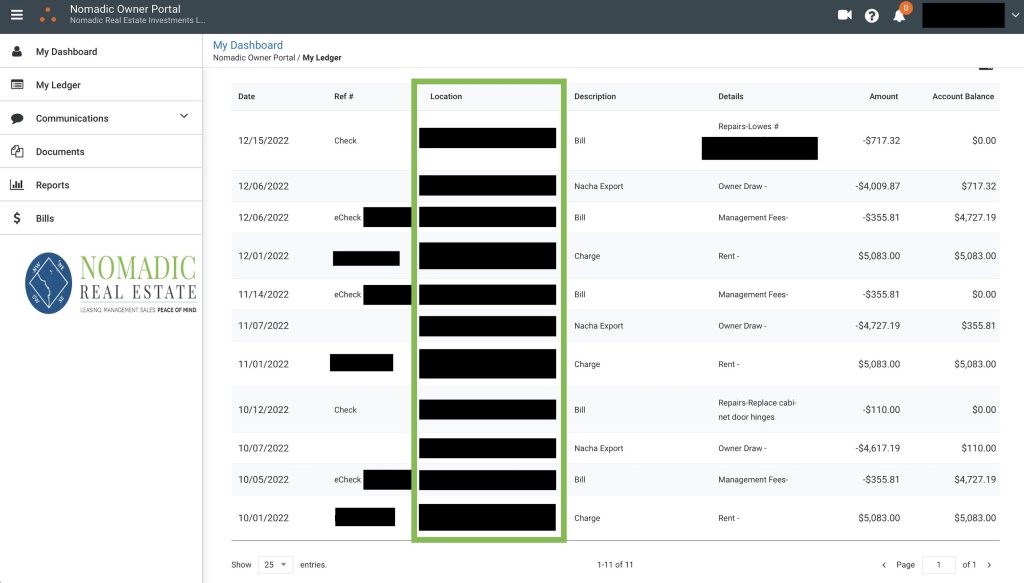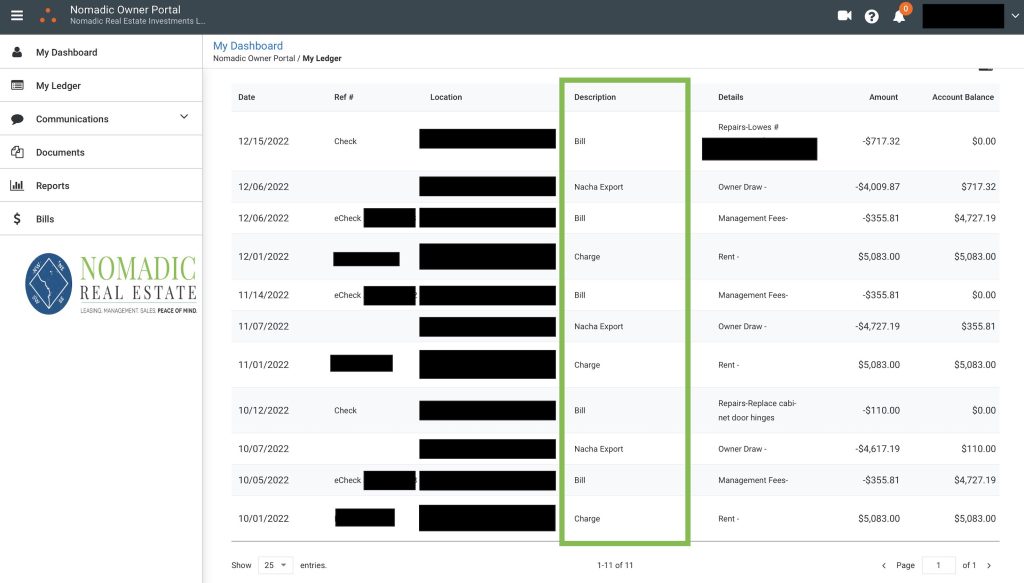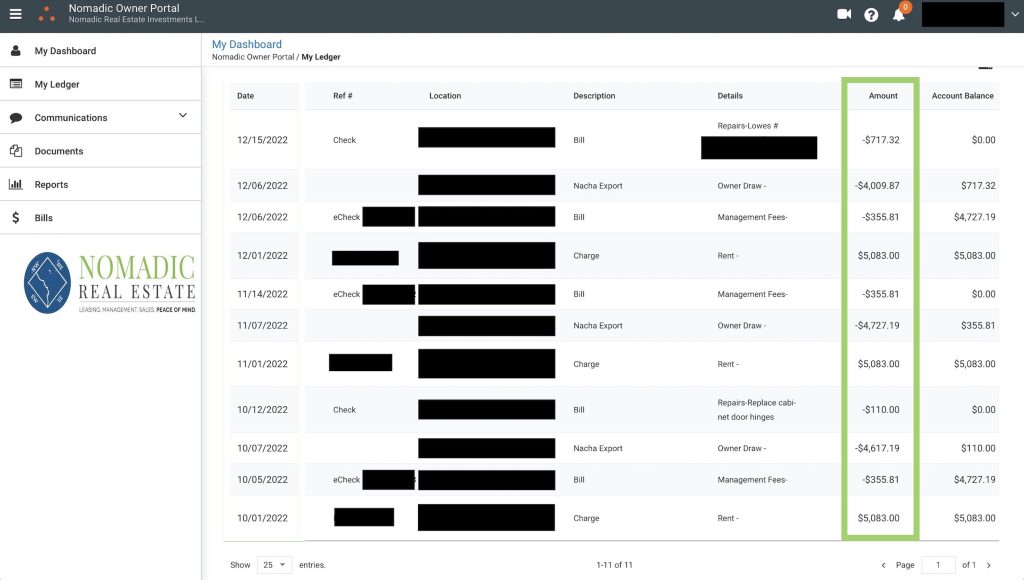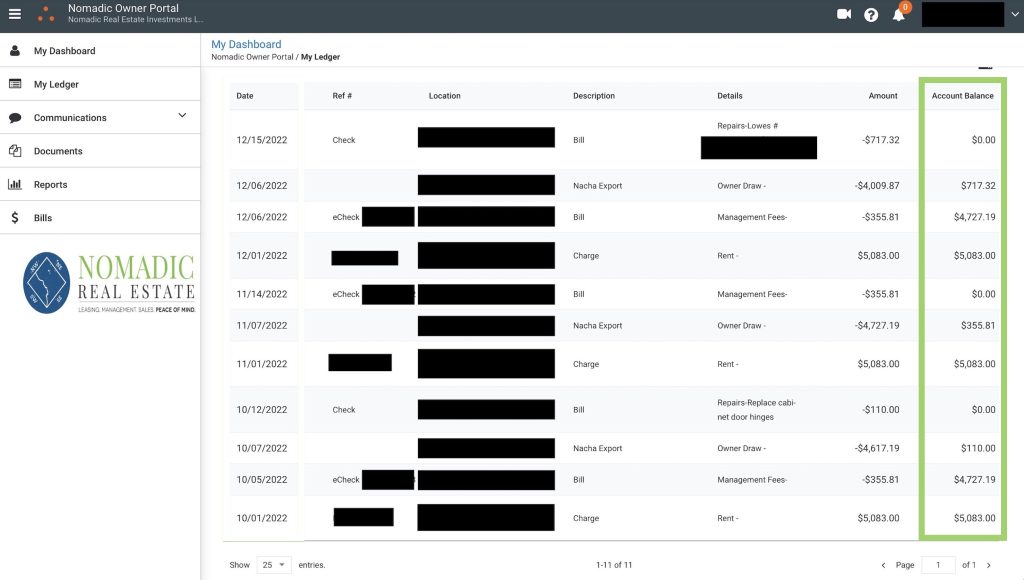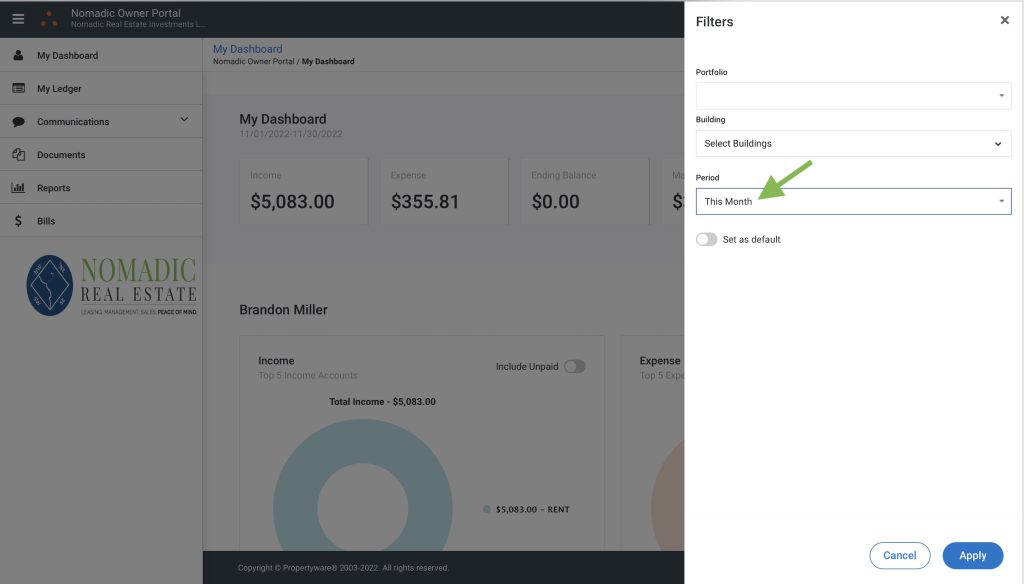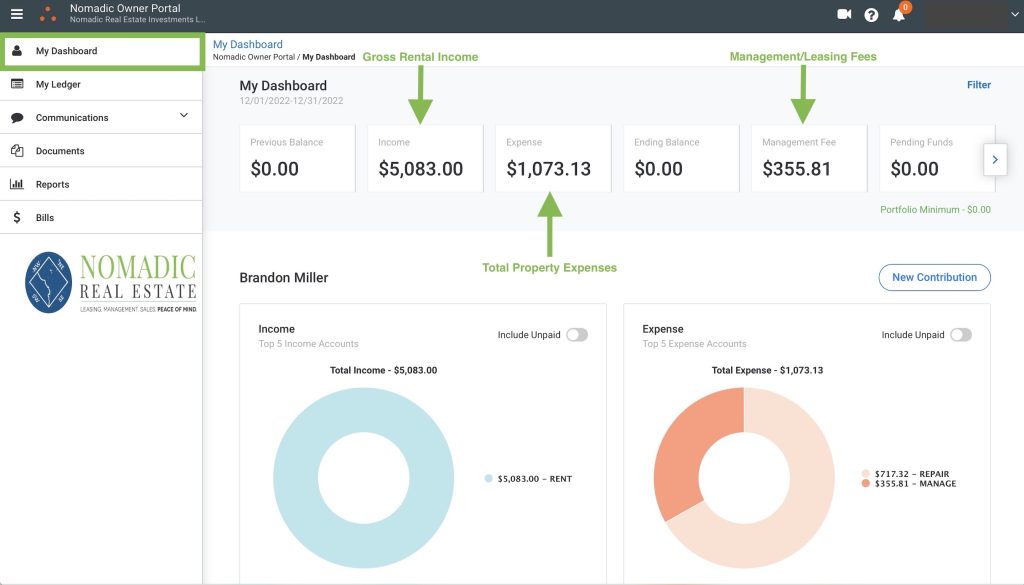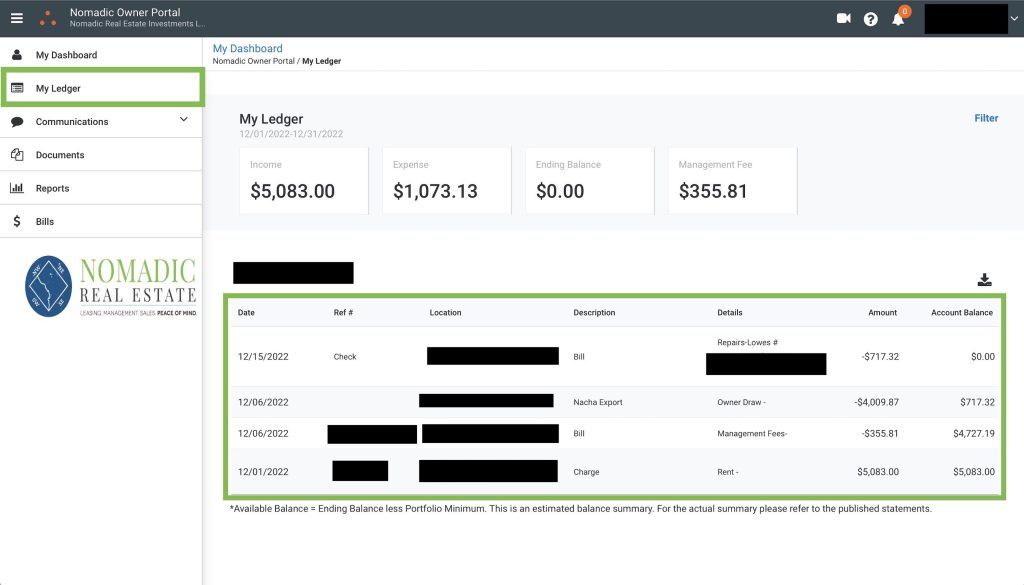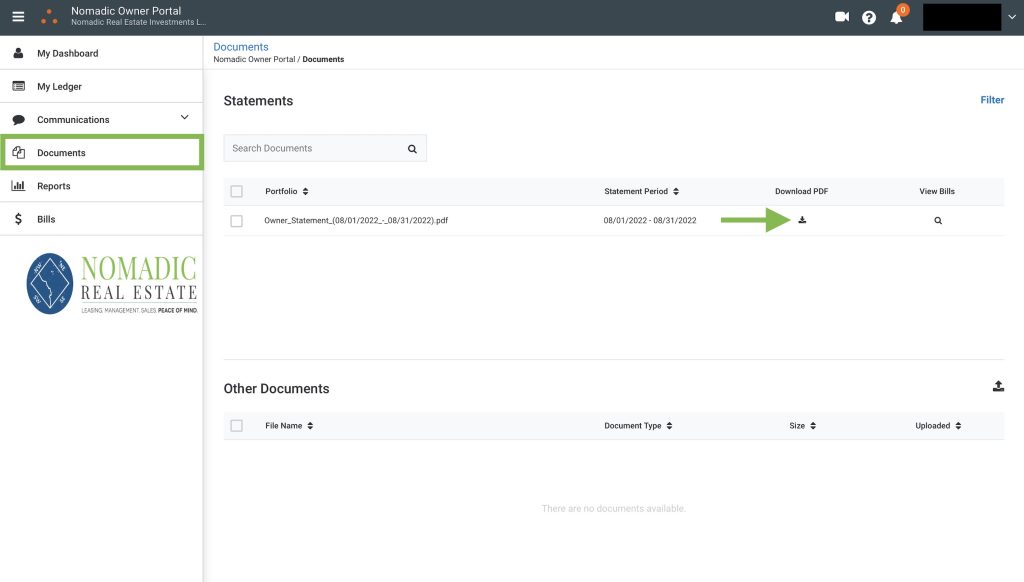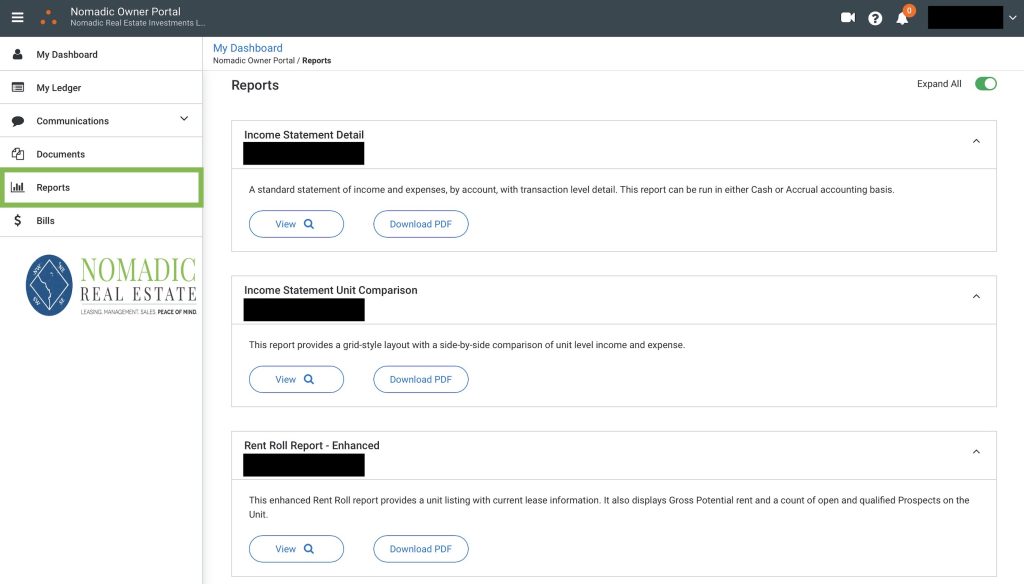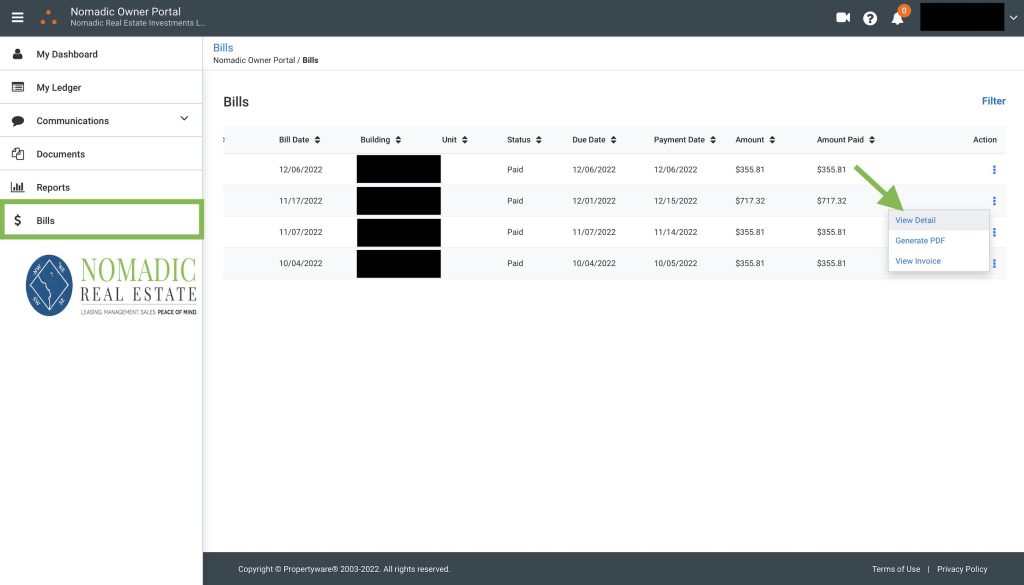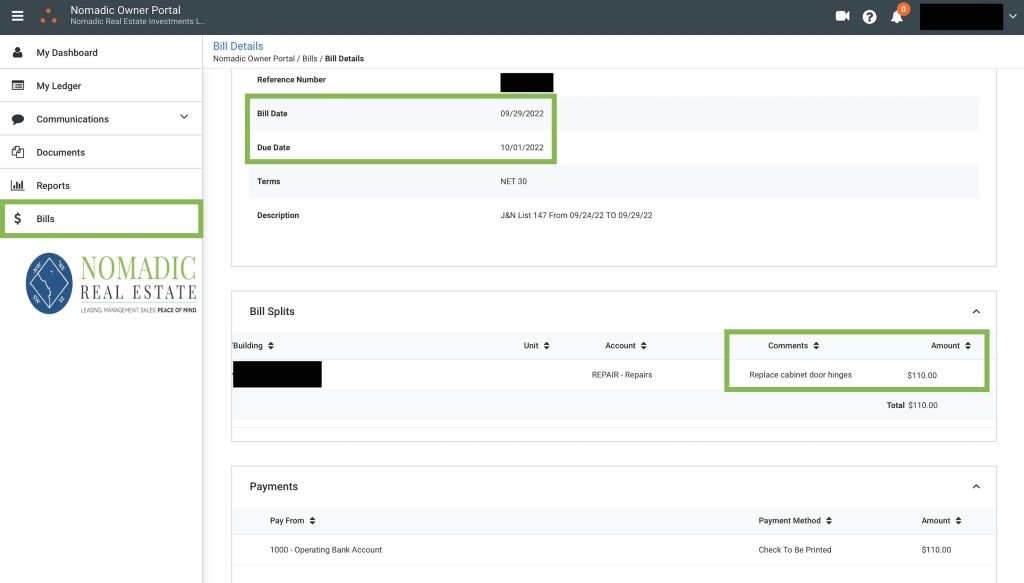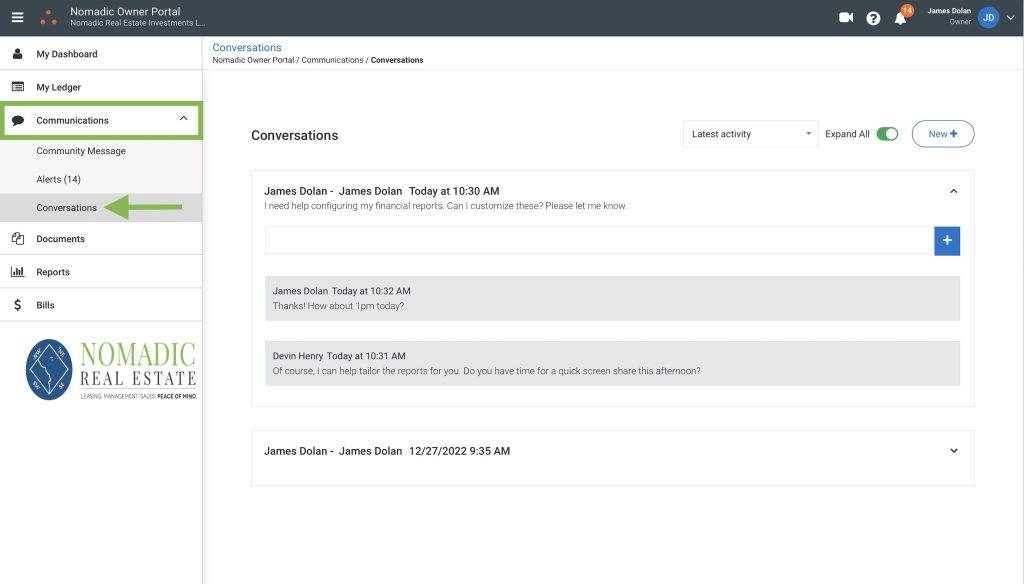In 2018, Washington DC’s population surpassed 700,000 residents and is projected to reach one million in just a few short decades. What does this growth mean for anyone who is interested in investing in DC real estate?
With strong population growth comes an unending demand for housing. In fact, well over half of DC’s privately owned properties are leased out to renters, making DC a beacon for renters and landlords alike.
For many owners looking to rent out their DC-area properties, the investment holds more allure than the prospect of acting as a full-time landlord. Landlord obligations are often more involved than investors initially expected, raising questions about the feasibility of turning a property into profit.
The good news is that with Nomadic Real Estate property management, you can hold on to your rental properties without having to fulfill landlord obligations on your own. What exactly are those obligations? Read on to learn everything you need to know about what a landlord is required to do.
The Importance of Adhering to Landlord Obligations
There is a difference between going above and beyond as a landlord and adhering to landlord obligations. When we speak of a landlord’s obligations, we are referring to the legally binding aspects of the tenant-landlord relationship. Failing to meet these obligations, whether on your own or via property management, can leave you susceptible to legal vulnerabilities.
In other words, there are certain things that you or a proxy are required to do for your tenant. How you handle these obligations, however, is what can set you apart as a property owner who goes that extra mile for their tenants.
At Nomadic Real Estate, we always go the extra mile for our tenants. We know that any extra touch that we add to our interactions with residents and the services we provide for them can help to increase tenant retention, which is a benefit to our clients. Ultimately, the happier we make our clients’ tenants, the better we serve our clients, which is always our number one goal!
Top 5 Landlord Obligations
Specific landlord obligations can and will vary by the state or city in which you own property. These laws are also subject to change throughout the years, and it’s crucial to stay on top of any changes that do occur. Failing to meet a new or updated landlord obligation, even if you didn’t know about the change, will still open you up to legal vulnerabilities.
To get an overall sense of what tenants have the right to expect from a landlord, we’ll take a look at some of the landlord obligations that tend to remain the same regardless of where you own property.
1. The Security Deposit or Prepaid Rent
One of the first legal obligations to affect a landlord involves collecting a new tenant’s security deposit (which sometimes falls under the umbrella of prepaid rent). It is always within a landlord’s rights to charge a security deposit, although this money does not technically belong to the landlord.
How much a landlord can charge will also depend on where their property is located. For example, DC does not allow landlords to charge more than the equivalent of one month’s rent for security deposits. There is an exception for rent-stabilized units, which are dictated by a separate set of laws and regulations.
In addition to the limitation on the amount a landlord can charge, there are also laws dictating what must be done with the security deposit after it is collected. These laws determine where you can store the security deposit, the circumstances under which you may keep part or all of the security deposit, and so forth.
2. Landlord Disclosures and Transparency
Landlords are required to disclose information relating to the owner of the property, although this process looks a bit different when the property is managed by someone other than the owner. More specifically, this responsibility to disclose the proper information lies with the party with whom the tenant signed their lease.
What needs to be disclosed? You must tell your tenants the names, addresses, and other relevant contact information of the party who is responsible for the property and tenant issues. This should be the party that collects rent, enforces the lease, takes care of maintenance issues, and addresses any tenant complaints.
In order to disclose this information, it is best to put it in writing and share it with the tenant before a lease is signed. If any of this information changes during a tenant’s stay, it is important to notify them immediately of the changes.
Ultimately, a tenant needs to know where to send their money and who to contact about the property they live in. They also need to know who is held accountable in a legal situation.
If a tenant is only told where to send their rent checks, it is assumed that this contact information can also be used for any of the other issues outlined above. That means that it is not possible for a property owner to simply collect rent from a tenant without meeting the rest of the landlord obligations. This can get tricky if you’re renting out space to a friend or relative, although there are ways to handle this particular tenant-landlord relationship!
3. Delivering the Possession of the Unit
When creating a lease and entering that contractual relationship with a future tenant, you are generally required to set a move-in date for the tenant. This tends to mark the point from which a tenant may move in if they so choose and the point from which a tenant is required to pay rent.
Setting this date does not just guarantee the start of rent for the landlord. It also guarantees that the unit will be empty and move-in ready for the tenant.
If the unit is not move-in ready for any reason on the specified date, this is considered a failure on the landlord’s part to meet the lease agreement. This means that a tenant may be able to pursue legal action.
This particular obligation can also provide legal protection for a landlord in the event that someone is illegally residing in their unit. If a landlord discovers a squatter or someone who otherwise is not on the lease occupying their unit, they may pursue legal action and may be able to collect damages.
4. Maintaining the Unit
There are certain obligations a landlord has to maintain their units even when they are occupied by a renter. Tenants are generally responsible for everyday cleaning unless otherwise stipulated in the lease. However, any structural issues are the responsibility of the landlord.
Most issues must be taken care of in a timely manner, especially if they fall under the umbrella of the residential building code. For example, a landlord cannot leave tenants without power in the event of an issue that is unrelated to a widespread power outage. They also cannot leave a tenant without running water if there is an issue with the plumbing.
All issues with a landlord’s units must be resolved so that the units remain safe and habitable. Landlords are also expected to handle any maintenance relating to common areas such as shared laundry rooms, recreation rooms, and landscaping. While tenants are often expected to pay for utilities such as water and electricity, landlords must ensure that their properties are in good, working order.
5. Obligations That are Subject to Limitation of Liability
Overall, the lease is binding not just for the tenant but for the landlord, as well. A landlord is expected to adhere to the lease and there are certain protocols that must be followed if the ownership of the property changes hands mid-lease. When this occurs, the new owner becomes responsible for all landlord obligations, including adhering to the lease a tenant has already signed–even though this lease was signed under different ownership.
In particular, it is important to understand what happens to the security deposit in the event that ownership changes hands. If the previous owner was the acting landlord, they generally have two options.
The first is that they can turn the security deposit over to the new owner/landlord. This amount may be affected by allowable deductions. They must also notify the tenant of this and all other changes caused by the change in ownership.
The other option is that they can return the security deposit (potentially minus allowable deductions) to the tenant. The new owner/landlord may then charge them a new security deposit of equal or lesser value.
If your security deposits are handled by a property management team and the new owner agrees to use that same property management team, the security deposit doesn’t generally need to change hands.

A Note On What Tenants Like to See In a Landlord
As we mentioned earlier, there is a difference between the qualities a landlord can adopt that tenants tend to favor and the obligations a landlord has by law. Let’s take a brief look at some of those extra-mile qualities that landlords should consider bringing to the table.
Quick and Friendly Responses to Maintenance Requests
A landlord has no choice but to address maintenance requests. However, there is a right way and a not-so-pleasant way to go about it.
Having 24/7 emergency maintenance services provides peace of mind and builds a sense of trust between a tenant and a landlord. Responding quickly to regular maintenance requests and using a friendly, helpful tone will also show your tenants that you care about them as much as you care about your property.
Easy-to-Use Payment Methods
In this day and age, there’s no need for tenants to write out a check and send it through the mail every month. Providing an easy-to-use online portal for rent payments is preferable and setting up automatic payment options is even better.
By transitioning to an online system, you can also eliminate confusion about limited or one-time payments by providing an itemized statement. For example, if you charge a fee for rent that is turned in late or a fee for guest parking spots, providing an itemized statement is the best way to avoid confusion or hard feelings.
A Direct Approach to Leasing
Leases are legal documents but that doesn’t mean that they need to be packed with confusing legal jargon. The language and layout of a lease can go a long way towards creating clarity and trust between a tenant and landlord.
A lease should always provide a move-in date and a move-out date as well as the process by which a tenant can renew their lease. It should address all financial questions such as monthly rent payments as well as whether or not utilities are included in that rent.
Finally, a lease should provide clear terms that a tenant is expected to follow. For example, if you intend to deduct money from the security deposit if a tenant puts nails in the walls or paints, the lease should reflect that. Blindsiding a tenant out of their security deposit is a surefire way for any landlord to dampen their reputation.
Let Nomadic Real Estate Handle All Landlord Obligations for You
Buying and renting out a property in DC or the surrounding area is a great way to invest your money. However, landlord obligations may not mesh with your current schedule or lifestyle. If you’re looking for property management in the DC area, Nomadic Real Estate is here to help.
Over the years, we’ve built strong, lasting relationships with our clients and our tenants. If you’re ready to embark on your next real estate investment, contact us and find out more about our services and how we can fulfill all landlord obligations for you.


